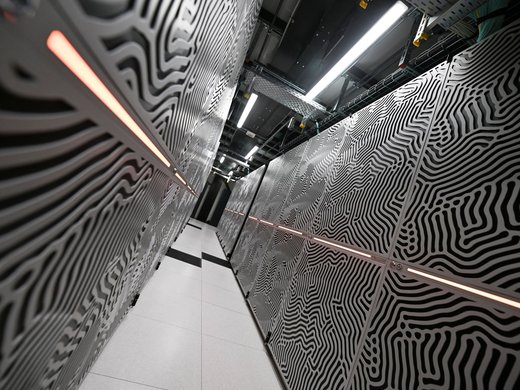The term “Dark Net” is loosely defined, but most frequently refers to an area of the Internet only accessible by using an encryption tool called The Onion Router (Tor). Tor is a tool aimed at those desiring privacy online, although it frequently attracts those with criminal intentions. An innovative feature of Tor is the ability to host websites anonymously and with a degree of impunity — designed to be used by those in repressive regimes who wish to host whistle-blowing or political content.
The study described in this paper collected data on the Tor Dark Net over a period of six months to analyze the type and popularity of the content. Perhaps unsurprisingly, the majority of sites were criminally oriented, with drug marketplaces featuring prominently. Notably, however, it was found that sites hosting child abuse imagery were the most frequently requested.


